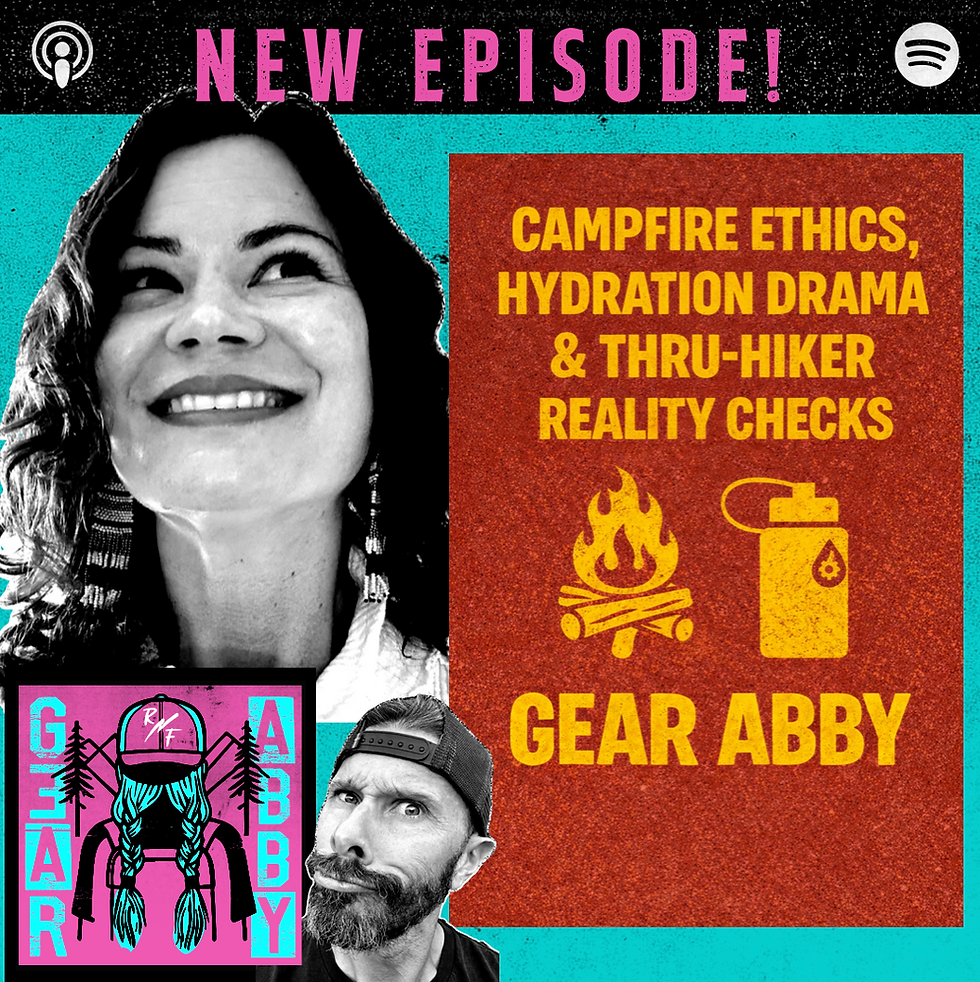To Live Deliberately
- colin7931
- Jul 28, 2025
- 3 min read
Explaining why he wrote Walden, why he walked away from society to live in a cabin by that now-infamous pond, Henry David Thoreau wrote:
“I went to the woods because I wished to live deliberately, to front only the essential facts of life, and see if I could not learn what it had to teach—and not, when I came to die, discover that I had not lived... I wanted to live deep and suck out all the marrow of life... to drive life into a corner, and reduce it to its lowest terms.”

Of course, many now criticize Thoreau. Pointing out that the pond wasn’t really that far from town, and that he was, in many ways, a child of privilege. But there’s a reason his words still resonate. That basic desire, to live deliberately, is even more vital today.
We are deeply entangled in society. Much of that connection is good. But much of it makes it nearly impossible to get away, to get lost, to truly carve out space for ourselves. We’re embedded in a web of reels and phones, GPS, streaming services, location trackers, 24/7 news cycles, and social media presences. The answer to anything is always at our fingertips, summarized in a video or explained by an AI chatbot. But in all of this, what’s often lost is us. Our self-determination. Our private identities. Our ability to not interact.
That’s a basic human need. It’s what Thoreau sought, to escape the social media of his day: the gossip and expectations of a tightly knit New England town. So he struck out to live deliberately, to take his well-being and daily existence into his own hands. That kind of freedom is something we need to reclaim.

I’ve been to Walden Pond. Though it’s close to Boston, highways, and constant noise, there’s still peace there. In the fall, you can take in the explosion of foliage and see the foundation of Thoreau’s house. In the summer, you can swim out into that chalky blue water and for a moment, you feel an escape, even in the middle of the East Coast’s urban corridor.
But if you want to live deliberately, you need to seek wilderness or what little wilderness is left. There are so few places on Earth now where you can't be tracked. I often think of Ernest Shackleton’s incredible voyage on the Endurance, how the ship was crushed by pack ice, yet he and his crew all survived. One of the greatest survival stories ever told. But it could never happen today. No explorer is truly beyond the reach of technology. Even the Apollo 13 astronauts were only briefly out of contact on the far side of the moon; a moon that billionaires now want to colonize. What’s left for the rest of us?
There are still places we can escape, at least for a little while. And the wilderness still has so much to teach us. Self-reliance, inner peace, physical endurance, humility. Being alone in the wild helps us rediscover something essential: how to just be. To exist among wildflowers, peaks, snowfields, and streams. To climb sketchy trails and hike until your legs ache. We need this. We need to preserve these places so we can preserve this deeply human experience; what Emerson called “self-reliance,” and what Thoreau called “living deliberately.”
Or, as Mary Austin, who discovered herself in the great spaces of the Mojave, wrote:
“It’s good to know what it is to be alone. The desert holds a mirror.”
We see ourselves in our wilderness.
This past weekend, I had a little taste of that with my wife, Radha. We escaped into the Mummy Range of Rocky Mountain National Park, hiking out from the popular trailhead at Lumpy Ridge. We passed through the meadows of McGregor Ranch, the spires of the Needles rising above us, until cell coverage disappeared. We camped in the deep recesses of Black Canyon, savoring simple pleasures: cooking Madras lentils for dinner, sipping whiskey from a flask, and reading Bashō’s travel logs, a mix of prose and haiku that captures the complexity of the world in a single breath.
On our last day, we hiked 20 miles and climbed nearly 5,000 feet to reach the cirque of Crystal Lake, beneath the cliffs of Mount Fairchild, returning at sunset.
Not once did we miss our phones.
Doug Schnitzspahn's Opened Container is a weekly column that highlights Doug's unique point of view on the intersection of outdoor culture, policy, business, politics, and conservation. To hear more, listen to Doug's podcast Open Container by clicking here. Let's get some.




